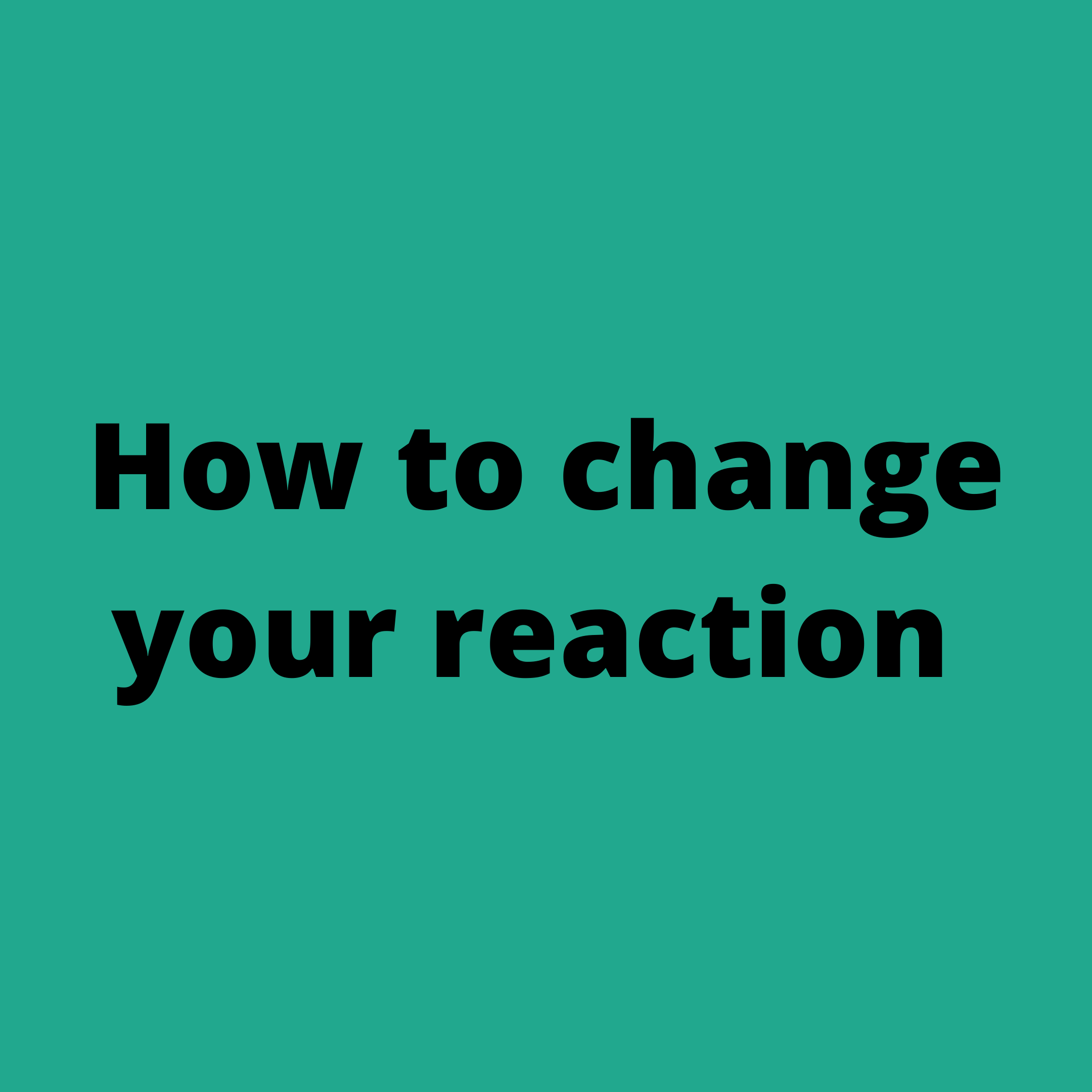
18 Sep How to change your reaction
Do you wish you could change how you respond to your child’s behaviour? Have thought about the role your assumptions play? This will help.
The assumptions you make about your child’s behaviour fuel your response.
Imagine the scenario:
It’s dinner time, you call your child to come to wash their hands and sit at the table. They don’t come so you call again. They still don’t come. And still don’t come. You stomp through to the living room and yell at them ‘Why don’t you come when I ask? You never listen to me! I might as well not bother with making dinner!’ They scream back, everyone feels horrid and you eat your food in silence (the opposite of what you wanted).They can’t wait to leave the table. You are furious and think ‘They are so rude! My parents wouldn’t have stood for that, what am I doing wrong?’
Let’s see if we can identify some assumptions. Assumptions are not facts, they are thoughts.
First there’s the assumption that they even heard you, have they?
Then there’s the assumption that you are being ignored (a potentially painful button), which leads to feelings of worthlessness and resentment – really painful. You then measure this against how your parents did things and feel like a failure. More pain.
What if your child didn’t hear? What if they are just so engrossed in their own thing it’s painful to leave? What if eating is just not what they want to do right now?
Where does your idea of what constitutes rude behaviour come from? Have you assumed your child is being rude?
Break it down and keep to the facts. Interrupt and challenge your assumptions, they are the things that fuel your emotional response.
Be clear and concise when you talk to your child. Connect with them in their world – they may need some help to disengage from what they’re doing. Most of all start to bring awareness to how your assumptions fuel your emotional reaction.
We can’t always stop this from happening but by raising our awareness we can start to work with it.
On our ‘When your kids push your buttons’ course we work through these processes and your real life situations so you can change for the better. Access course here: When your kids push your buttons course

Sorry, the comment form is closed at this time.